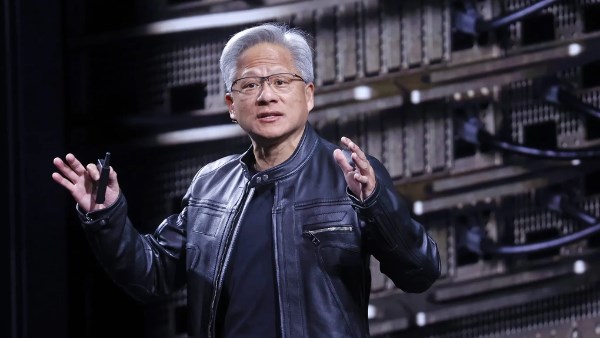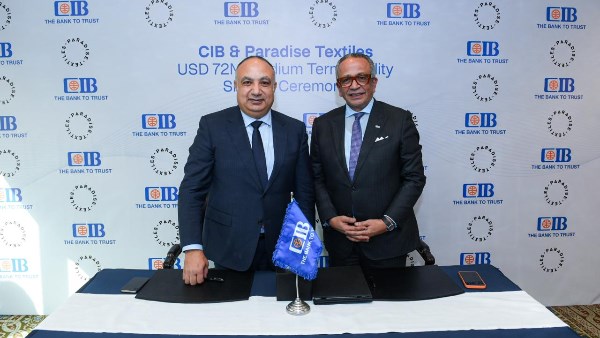
Pfizer to seek authorisation for its COVID-19 vaccine in mid-November

Pharmaceutical giant Pfizer says it hopes to seek authorisation for its COVID-19 vaccine in mid-November.
"So let me be clear, assuming positive data, Pfizer will apply for Emergency Authorization Use in the US soon after the safety milestone is achieved in the third week of November," said CEO Albert Bourla in a statement.
"All the data contained in our US application would be reviewed not only by the FDA’s own scientists but also by an external panel of independent experts at a publicly held meeting convened by the agency."
According to Bourla, there are three stages to complete before such a milestone for safety can be reached.
Firstly, he said, the vaccine must be proven to be effective in "a majority" of patients, while it must also be proven to be safe, using data generated from thousands of people.
Third, and lastly, Bourla said the company must be able to demonstrate the vaccine can be consistently manufactured at the highest quality standards.
The US company, which is developing the vaccine alongside Germany's BioNTech SE, has previously said it would know by the end of this month whether its product was effective.
It comes after US President Donald Trump promised supporters during his re-election campaign that a vaccine would be ready before the election on November 3 — stoking fears of political interference.
But repeating his estimation, Bourla said he "may know whether or not our vaccine is effective by the end of October."
He added: "As I've said before, we are operating at the speed of science."
Authorisation in the third week of November would likely mean the Pfizer vaccine is first for distribution as fellow front-runner Moderna said it would seek the same a week later, by November 25.
The Oxford vaccine, meanwhile, is not expected to confirm whether it is effective until the end of the year.
"Our purpose is to discover breakthroughs that change patients’ lives," Bourla added in his statement.
"I cannot think of a breakthrough that would be more meaningful to a greater number of people than an effective and safe COVID-19 vaccine."





-1120252475029447.jpg)














